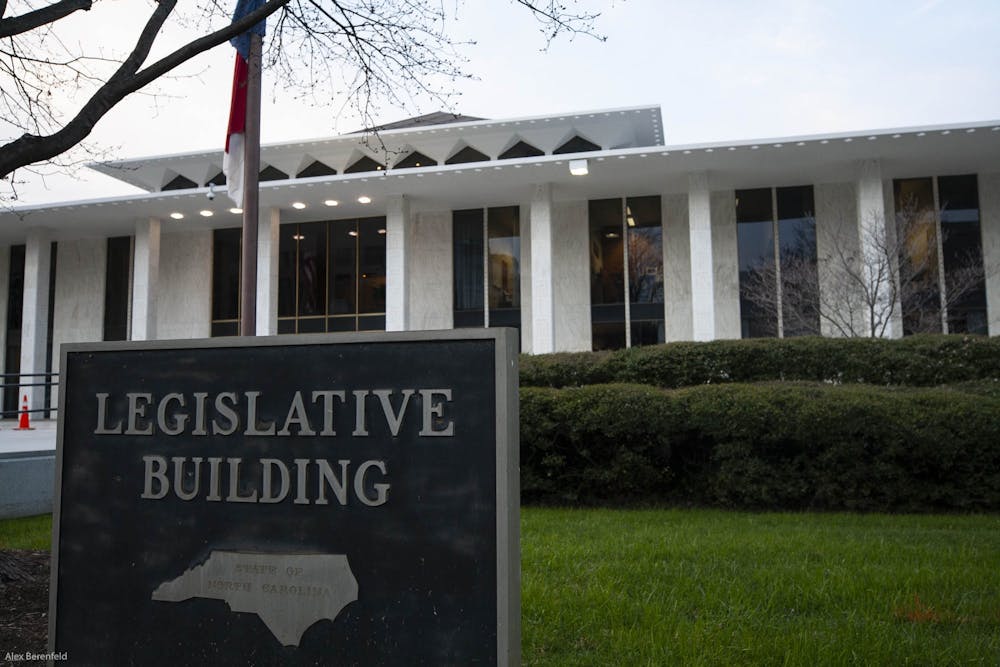The COVID-19 pandemic has disrupted the everyday lives of many across the state, getting in the way of social and professional obligations, and the General Assembly is no exception.
North Carolina legislators are trying to find ways to continue governing the state despite the complications presented by the outbreak.
Many meetings have been suspended and moved to a remote setting in order to prevent further transmission of the virus. While this helps keep legislators and their staff safe, it may interfere with the work being done to ensure an effective state government.
N.C. Rep. Graig Meyer, D-Orange and Caswell, is one of many lawmakers to have pointed out just how different working online or over the phone can be compared to working alongside colleagues.
He said being in the same place at the same time allows for easy access to staff, advisers and the rest of his peers in the House chamber, which he said helps move things along more quickly than they might otherwise.
Meyer acknowledged there are some positive aspects to working remotely, namely increased transparency. He said committee members usually only ask questions behind closed doors during regular legislative sessions, and working remotely has provided him with a better sense of what was going on in the House.
However, he said the quality of the debates being held remotely does not compare to what it was like in person, and hopes there will be a return to more personal meeting settings when the time comes to debate more serious legislation.
“I really hope that when we get to debating actual bills, that we can be back in a common space,” Meyer said. “Because debating via web meetings does not feel as effective nor as compassionate to opposing views.”
N.C. Rep. Verla Insko, D-Orange, has also expressed a desire to return to in-person interactions, which she said were highly conducive to the legislative process.



